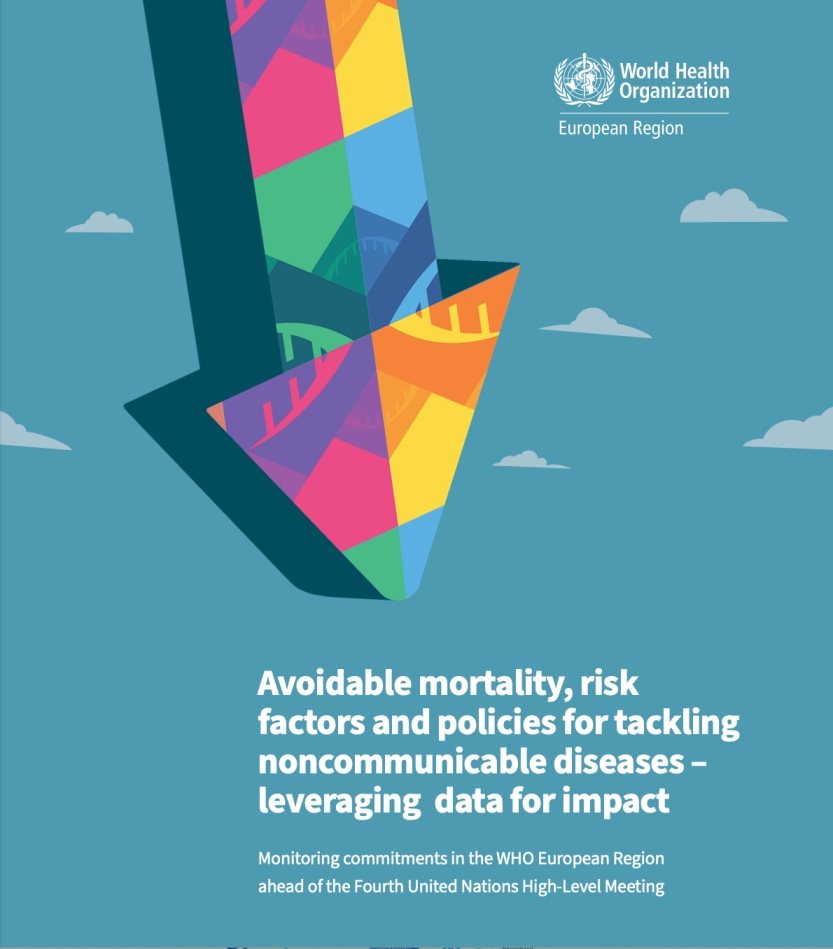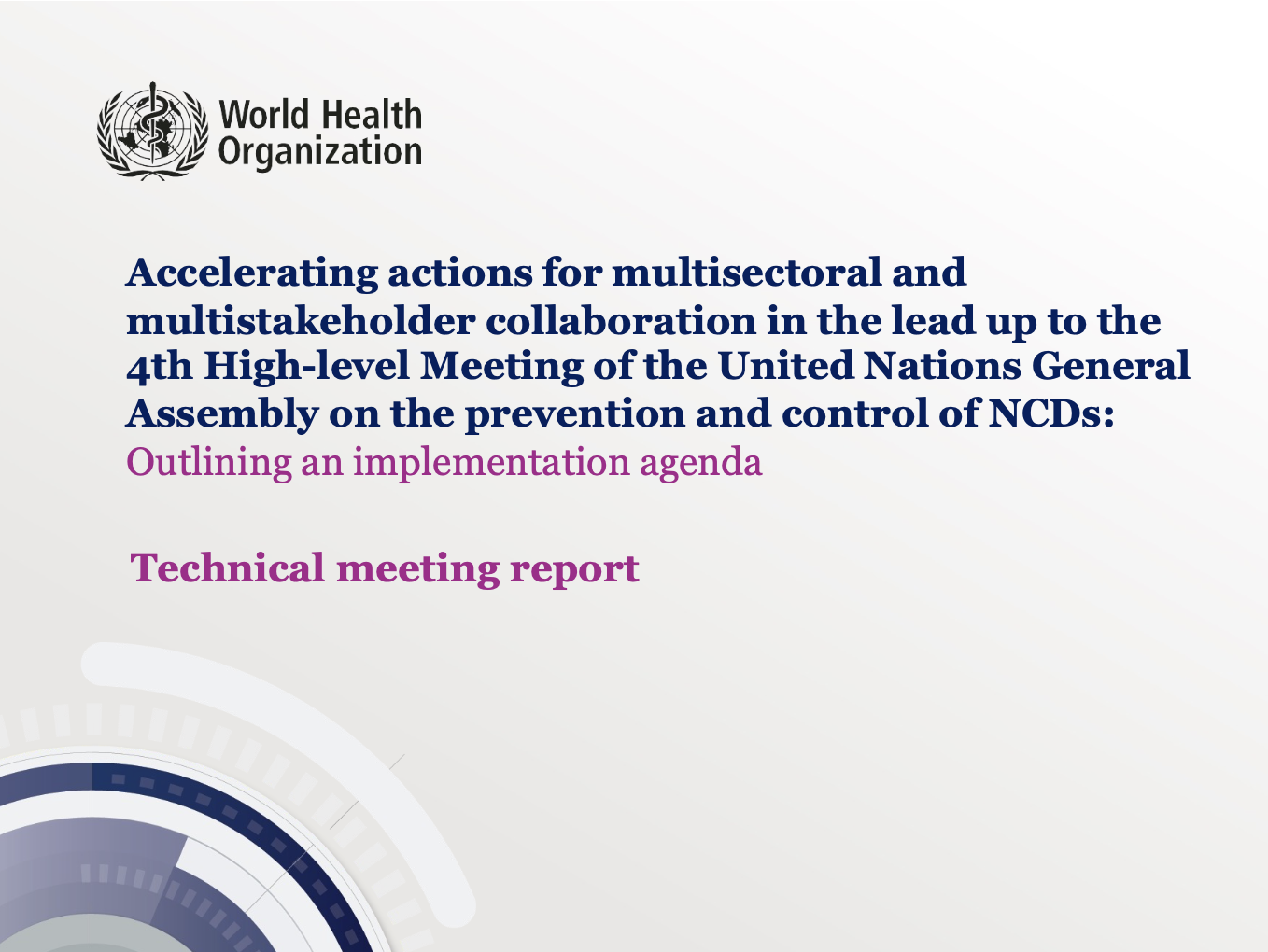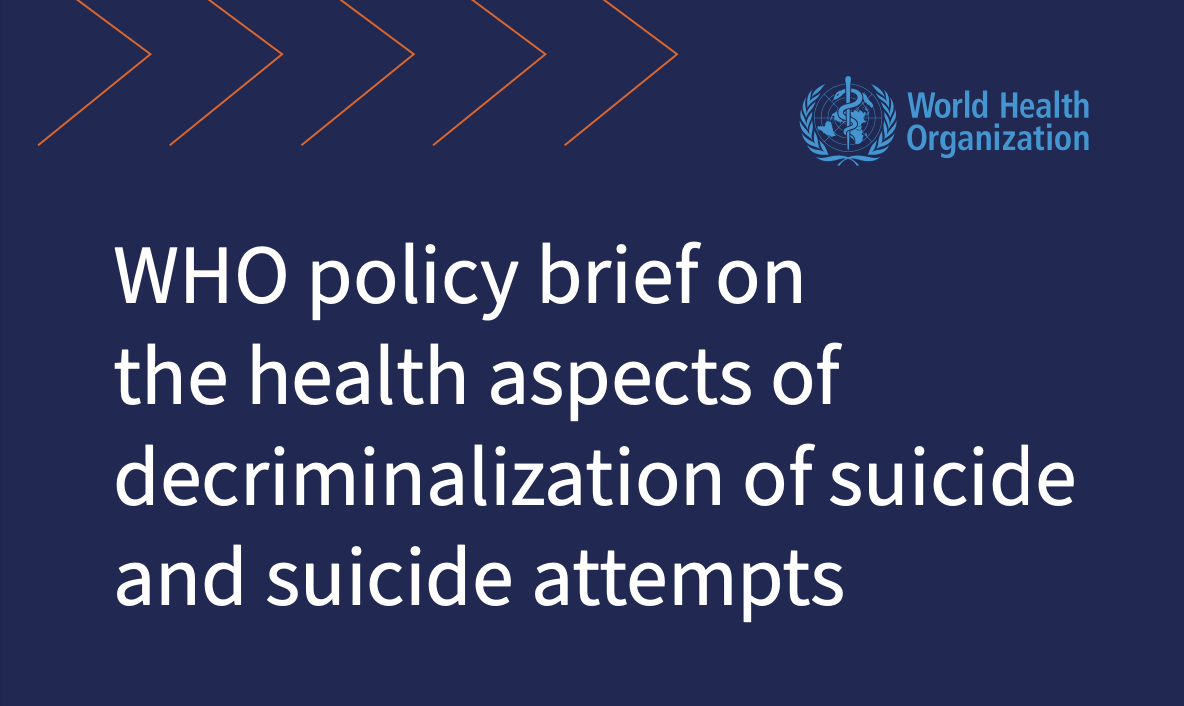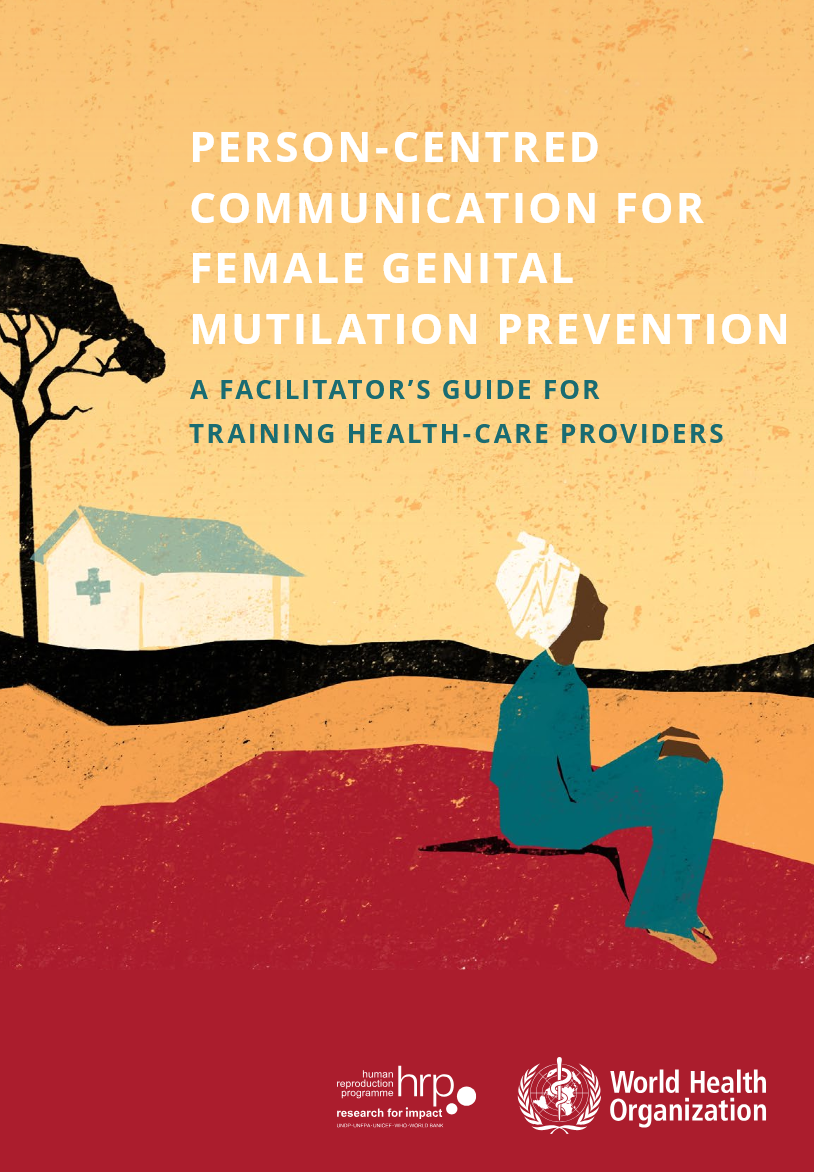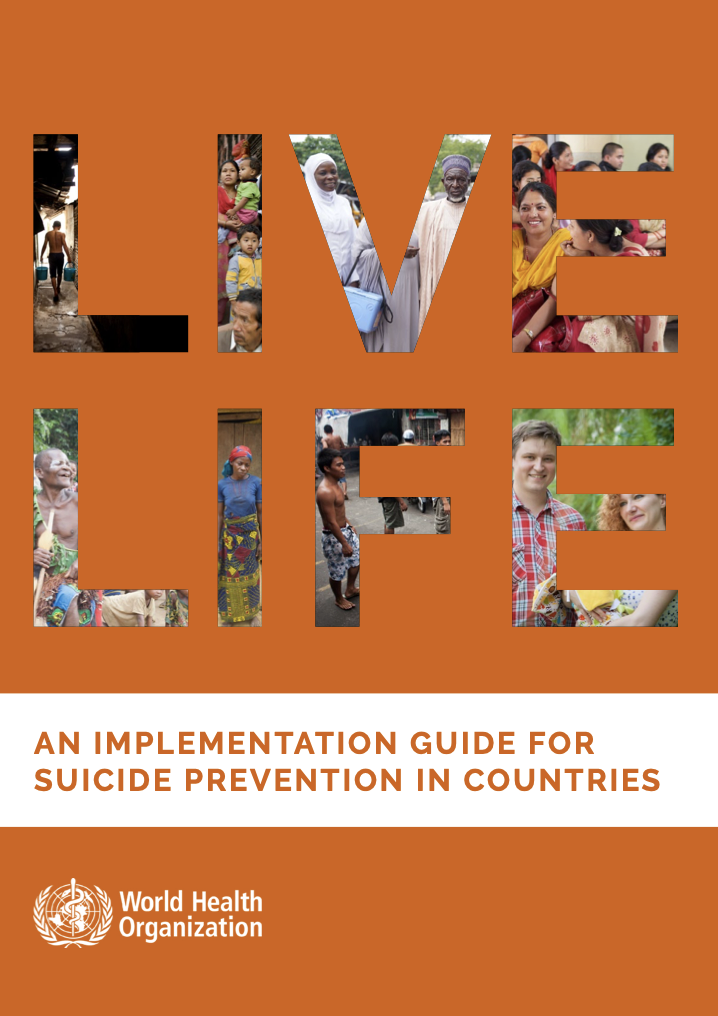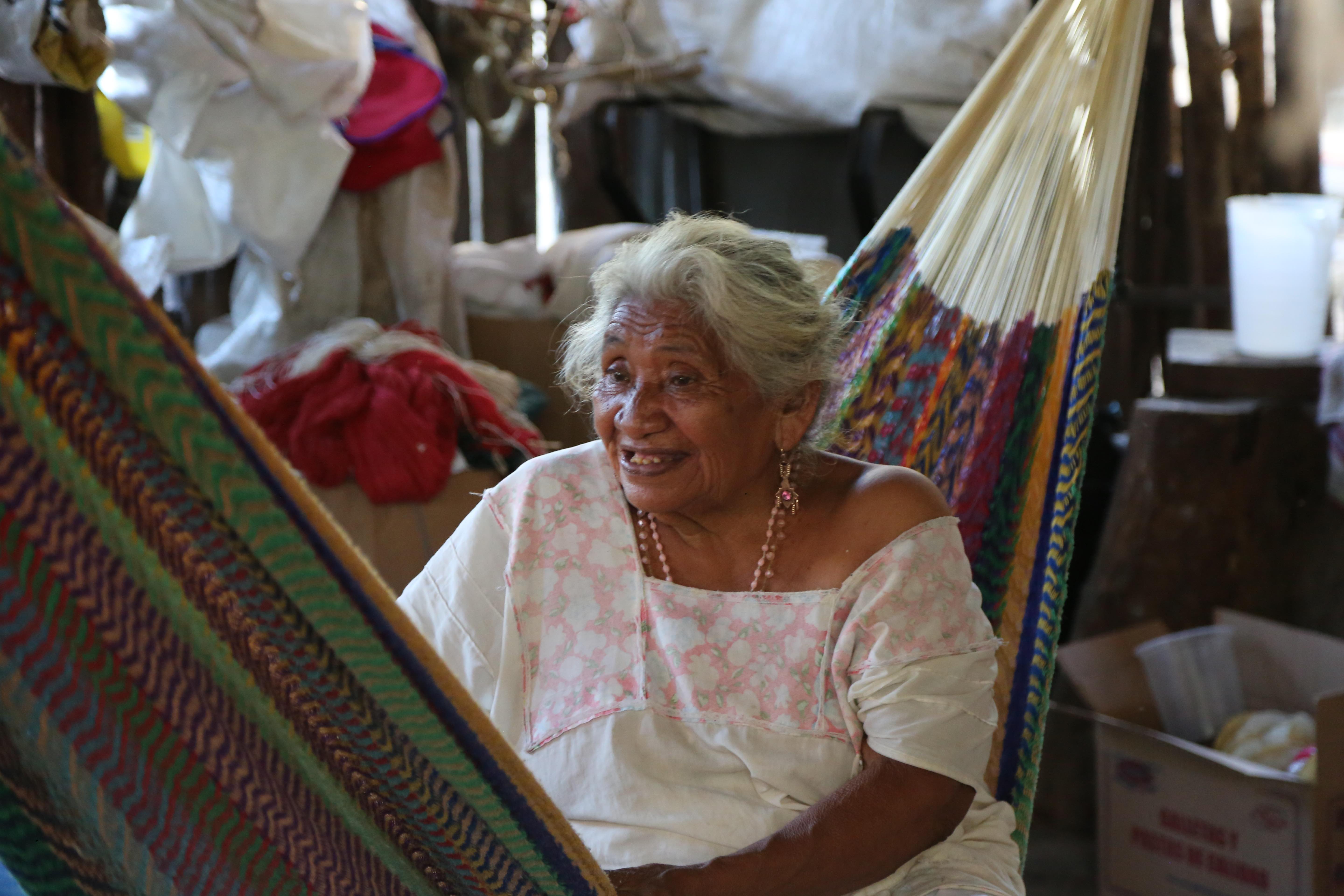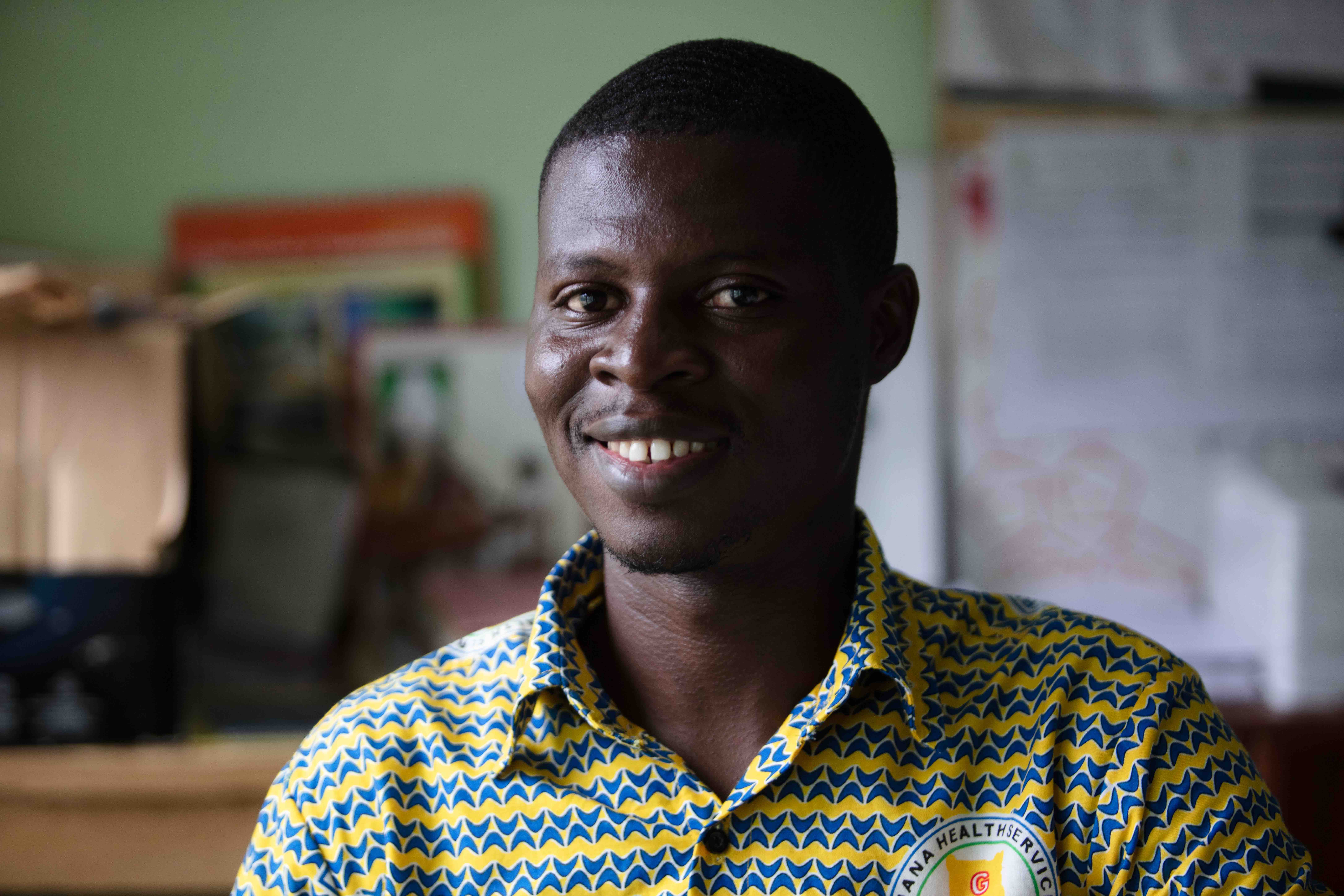WHO Regional Office for Europe
Avoidable mortality, risk factors and policies for tackling noncommunicable diseases – leveraging data for impact: monitoring commitments in the WHO European Region ahead of the Fourth United Nations High-Level Meeting
Report
27 Jun 2025
Noncommunicable diseases (NCDs), such as cardiovascular diseases, cancers, diabetes and chronic respiratory diseases, remain the leading cause of death and disability in the WHO European Region. Approximately 1.8 million deaths annually are avo...

